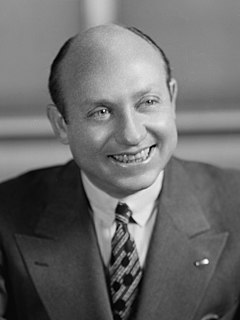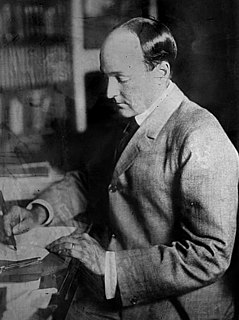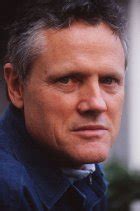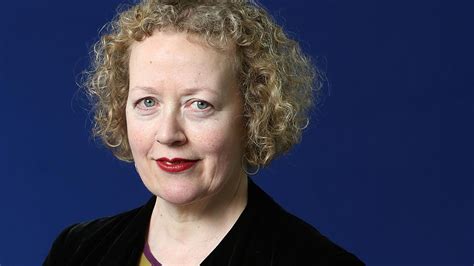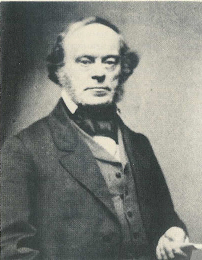A Quote by Montesquieu
Related Quotes
At physical death man loses his consciousness of the flesh and becomes conscious of his astral body in the astral world. Thus physical death is astral birth. Later, he passes from the consciousness of luminous astral birth to the consciousness of dark astral death and awakens in a new physical body. Thus astral death is physical birth. These recurrent cycles of physical and astral encasements are the ineluctable destiny of all unenlightened men.
Birth leads to death, death precedes birth. So if you want to see life as it really is, it is rounded on both the sides by death. Death is the beginning and death is again the end, and life is just the illusion in between. You feel alive between two deaths; the passage joining one death to another you call life. Buddha says this is not life. This life is dukkha - misery. This life is death.
Fathers' sharing in the birth experience can be a stimulus for men's freedom to nurture, and a sign of changing relationships between men and women. In the same way, women's freedom to give birth at home is a political decision, an assertion of determination to reclaim the experience of birth. Birth at home is about changing society.
Nothing retains its form; new shapes from old. Nature, the great inventor, ceaselessly contrives. In all creation, be assured, there is no death - no death, but only change and innovation; what we men call birth is but a different new beginning; death is but to cease to be the same. Perhaps this may have moved to that, and that to this, yet still the sum of things remains the same.
When one existentially awakens from within, the relation of birth-and-death is not seen as a sequential change from the former to the latter. Rather, living as it is, is no more than dying, and at the same time there is no living separate from dying. This means that life itself is death and death itself is life. That is, we do not shift sequentially from birth to death, but undergo living-dying in each and every moment.

